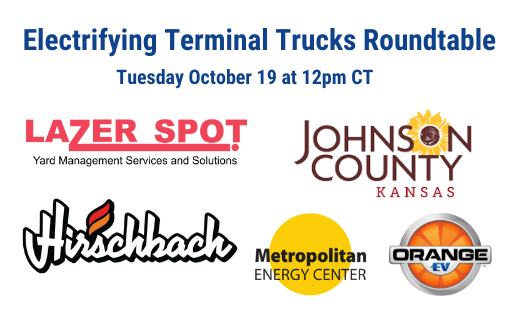Ruan showcases Orange EV truck in NACFE Run on Less Electric Roadshow
In September 2021, was one of 13 fleets participating in Run on Less Electric, coordinated by the North American Council for Freight Efficiency (NACFE) and RMI. Run on Less showcases advancements in freight efficiency, and each Run highlights a specific trucking segment. The 2021 Run focused on electric truck technology. Over the 3-week event, Ruan showcased their Orange EV electric yard truck deployed to Otsego, Minnesota operations since September 2020. What is Ruan saying about their Orange EV truck? { "@context": "", "@type": "ImageObject", "contentUrl": "", "contentlocation": "United States", "url": "", "name": "runonless", "description": "Run on Less Electric", "provider": { "@type": "Organization", "name": "Orange EV", "url": "", "image": "" } } { "@context": "", "@type": "ImageObject", "contentUrl": "", "contentlocation": "United States", "url": "", "name": "ruan-runonless", "description": "Ruan Run on Less Electric white truck", "provider": { "@type": "Organization", "name": "Orange EV", "url": "", "image": "" } }






